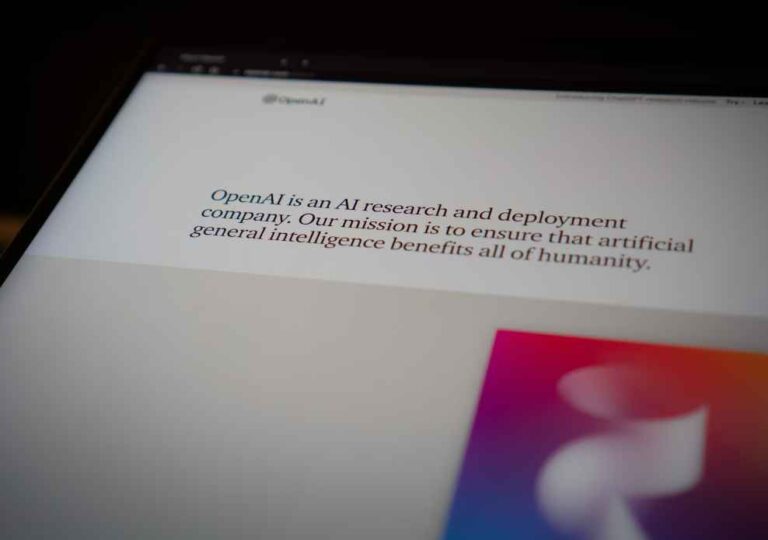Artificial intelligences advance with new features and ChatGPT remains at the forefront. OpenAI is about to equip it with the new “Memory” function. Let’s see what it is, but above all what risks it entails.
The evolution of artificial intelligence continues, with ChatGPT at the head. This time his company OpenAI is about to equip it with the special “Memory” function. And this brings new potential, but also risks for users’ personal data.
In this article we report the questions and answers most asked by our community.
Table of Contents
Memory arrives, so ChatGPT will remember us: that’s what it is
OpenAI is about to launch a very important new function for ChatGPT, in order to provide it with a memory on the account of its users. In this way, the latter would not have to re-enter their information and requests with each new interaction.
The function will simply be called “Memory”. If it is active, ChatGPT will store the things we say to it. Then, in the conversations of the following days or weeks, he will already know that information, he will mention it to us and he will rely on it to respond to our research.
The goal is to speed up and improve the efficiency of responses. Imagine asking ChatGPT to generate an image for our vegetarian cooking blog using a pastel art style. If we then ask it for another image in the next few days, the system will remember what type of cuisine the blog talks about and what style we prefer, without us having to repeat it.
Undoubtedly OpenAI is pushing for continuous additions also to overcome the challenge of the differences between ChatGPT and rival Google Bard.
Technological potential, but also major privacy risks
As always the innovations are fascinating. In this case, the potential of ChatGPT for the world of work grows. It is possible to create the basis for already effective prompts thanks to memory and the commands only need to be updated and refined.
However, the fact that ChatGPT remembers what we tell it can represent a serious danger to privacy. Until now, AIs have insisted on not storing data and now they are about to do the opposite: what could this mean?
The function will be active by default at the beginning of each conversation. This means that the user can deactivate it, of course, there is a specific menu. However, he will have to remember to do it or he will simply have to know that this memory exists. For example, if he doesn’t know because he didn’t inform himself, the AI will keep everything without his knowledge.
Additionally, what would happen if we told ChatGPT too personal a piece of information and forgot that the memory feature was turned on?
The leaders assure that Memory does not store sensitive information (such as passwords). But the AI is not human and may not even understand that information is sensitive. He risks bringing it out at the worst time.
Furthermore, the memory can be deleted, but here too you have to know that it is there and go and delete it manually. In the meantime, what do you do with that information? What if a use is made that the user doesn’t like? It is not yet clear, for example, whether they will be “fed” to the AI for training.
When ChatGPT’s Memory function will be availabe
We are once again caught between an incredible tool and yet another doubt about how so much personal data will be stored, retained and used. The dangers of artificial intelligence are now well known and we must be very careful. Who knows where the users will line up. In the meantime, we hope that OpenAI will be extremely transparent on the topic of Memory.
And what is the release period? There is no exact date, but there will first be a test period, during which Memory will be available to a small portion of users in both a free and paid version.
OpenAI emphasizes that the goal is broader use, so we expect that, eventually, Memory will simply become available to everyone, becoming a standard feature. At that point, it will be important to remind users that their conversations are saved. And the choice will pass to each of us.
Read also: OpenAI triples its value and reaches the astronomical price of 80 billion dollars












